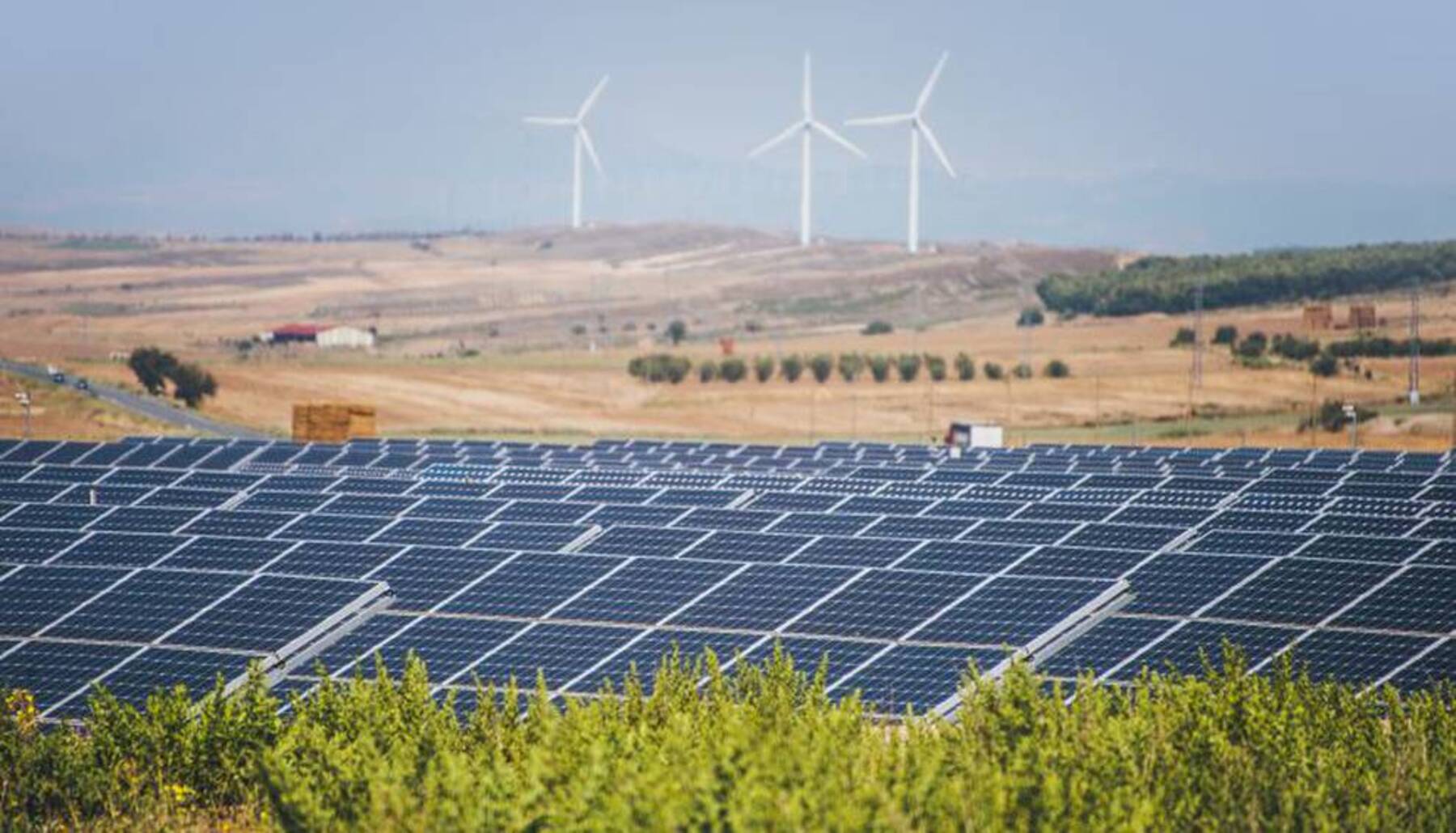In search of financial resources, the Aragonese regional government is proposing the introduction of an additional tax that would restrict a range of environmentally friendly companies based in its jurisdiction.
Economic and legal impact: the debate on retroactive taxes on renewable energy sources in Aragon
Faced with this, both the Association of Renewable Energy Companies (APPA Renovables) and the Wind Business Association (AEE) are expressing concern as they consider that this proposal could pose a significant risk to the environment.
These risks and threats arise as a result of the decision of the Government of Aragon to introduce a tax that harms investments and threatens the stability of employment, thus echoing the claim previously expressed by Unef .


In contrast to the regional development in Aragon, employers point out that the proposed tax could conflict with European tax rules for energy and renewable energy sources. According to European Commission Delegated Regulation (EU) 2021/2139, which addresses the aspects in paragraphs 4.1 and 4.3 of the Annex on wind and photovoltaic installations.
These are recognized as economic activities that contribute significantly to mitigating climate change, without causing significant harm to environmental objectives. This raises questions about the justification of the new tax proposed by the Aragonese government to internalize the social and environmental costs associated with these projects.
Renewable energy sources in Aragon: light and shade in the face of the threat of regional taxes
Applying additional taxes on renewable energy retroactively would create legal uncertainty for investments in Aragon. This would make projects unnecessarily more expensive, making them difficult to finance and consequently hampering employment and prosperity in the region.
With an excellent renewable capacity, Aragón is one of the five leading autonomous communities in this area. By 2023, more than 50% of electricity generated in Spain came from renewable sources, with the region a key player in this progress.
Despite the fact that there is great potential in the field of wind and solar energy, the introduction of regional taxes in particular raises some concerns about the continuity of the sustainable advance in Aragon. The resulting threat could impact investment decisions in more than one sector, as renewable energy plays a crucial role in reducing costs.
The competitiveness provided by these sources allows other industries to benefit from lower energy costs through power purchase agreements, providing benefits that promote competitiveness among industries that could be at risk from these regulations.
This proposed fiscal policy could jeopardize not only investments related to renewable energies, but also future industrial projects in Aragon, jeopardizing the region’s security of supply and competitiveness of energy costs.
Perspective on national and European objectives on the horizon
Spain in particular has somewhat ambitious targets regarding renewable energy development; the aim is to obtain 81% of electricity and 42% of total energy from renewable sources; the proposal’s deadline would be 2030.
The investments planned by the National Integrated Energy and Climate Plan (PNIEC) estimate approximately 92,000 million euros in renewable energy until the end of the decade, an amount that would be subject to upward adjustment with the updates of the plan, without a to give a specific indication. region to implement the projects.
We are confronted with this situation just before the European Commission sets the emission reduction targets for the year 2040. Brussels is expected to propose an even more ambitious target, aiming for a reduction of around 90% of emissions by the said year.

